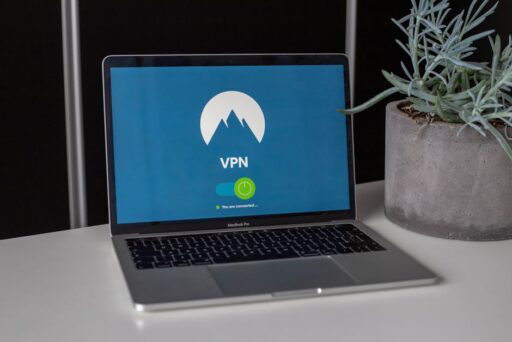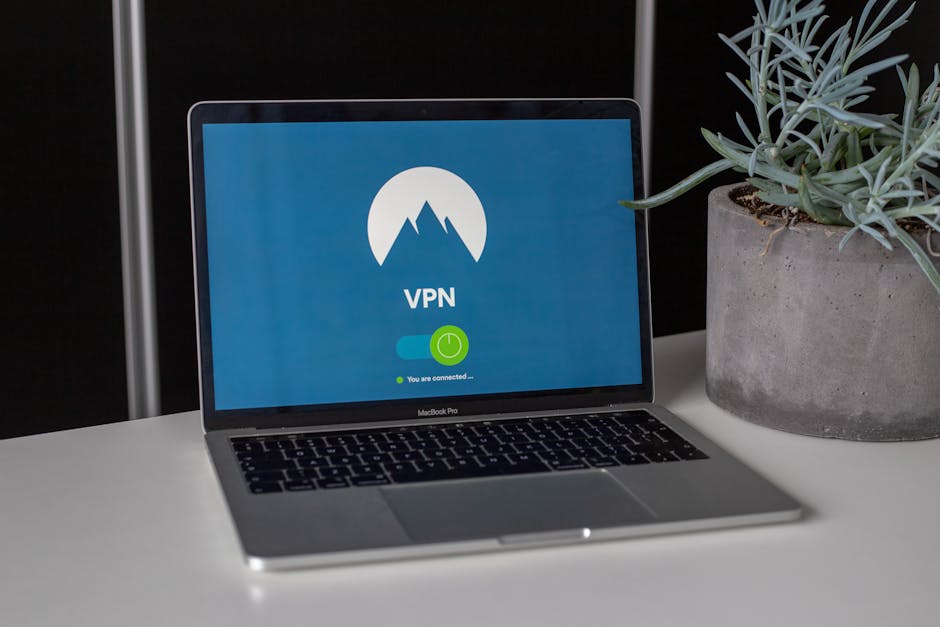Maximizing Cybersecurity in Remote Work: The Role of VPNs and Beyond
Did you know that 67% of companies have experienced cyberattacks since implementing remote work? As you transition into this work model, emphasizing cybersecurity is crucial. Just as you lock your home’s front door, you shouldn’t leave your digital workspace vulnerable to potential threats.
The Importance of VPNs in Remote Work
To combat these threats, Virtual Private Networks (VPNs) can be part of the solution. They establish secure connections, even on public networks, preventing unauthorized access to your data.
VPNs create a secure pathway for your data by encrypting it, ensuring it remains unreadable to unauthorized parties. This is especially crucial when accessing company resources or handling sensitive information remotely.
Choosing the Right VPN
When selecting a VPN, consider factors such as reputation, security features, encryption protocols, server locations, and device compatibility. A suitable VPN should meet your specific remote work needs.
- Ease of Use: The VPN should be user-friendly with good customer support as a bonus.
- Security Features: Look for strong encryption and advanced security protocols.
To maximize your cybersecurity, prioritize regular updates and patching of your VPN software. Ensure automatic VPN connection upon device startup to mitigate potential vulnerabilities.
Additional Cybersecurity Measures
Remember, VPNs are part of a layered security approach. Use a reliable antivirus program and keep all software updated. Here are additional cybersecurity measures you should implement:
- Multi-Factor Authentication: Adds another layer of security beyond passwords.
- Educate Your Team: Conduct security awareness training to help employees recognize phishing attempts and other cyber threats.
Consider advanced technologies like Zero Trust Network Access (ZTNA), endpoint security measures, Network Access Control (NAC), and Single Sign-On (SSO) systems to further bolster your remote work security.
Physical Security Practices
Proper handling of physical assets is as critical as managing virtual ones. Secure your data and gadgets to avoid unauthorized access.
Conclusion
When working remotely, ensuring cybersecurity is vital to safeguard valuable data and maintain business operations. While VPNs are essential for creating secure connections, they are just one part of a larger security puzzle. By adopting a comprehensive cybersecurity strategy, you can work remotely with confidence and reduce the risks associated with cyber threats.
Employers should track VPN usage with monitoring tools or policies. Be aware of company policies regarding remote work and VPN usage to ensure compliance and security.




